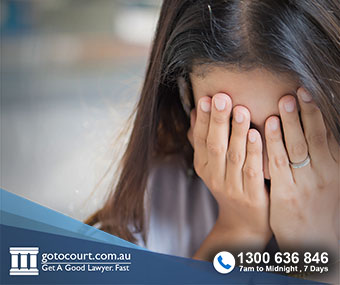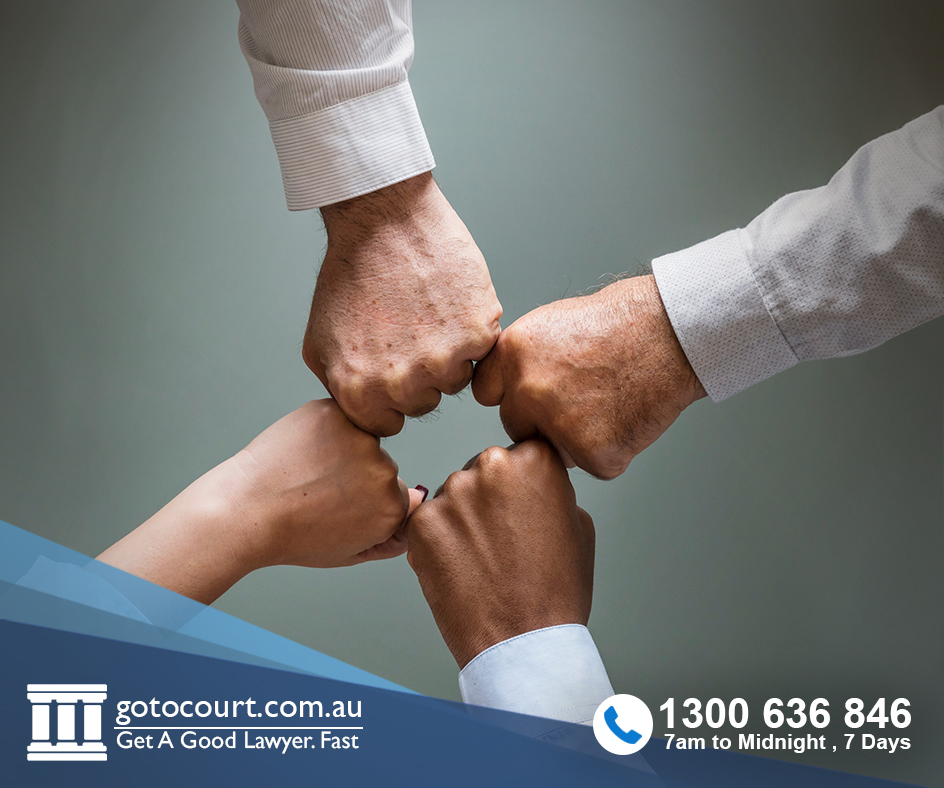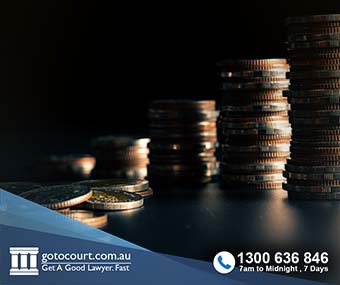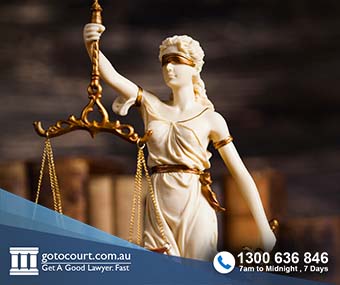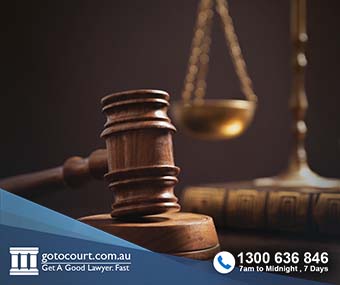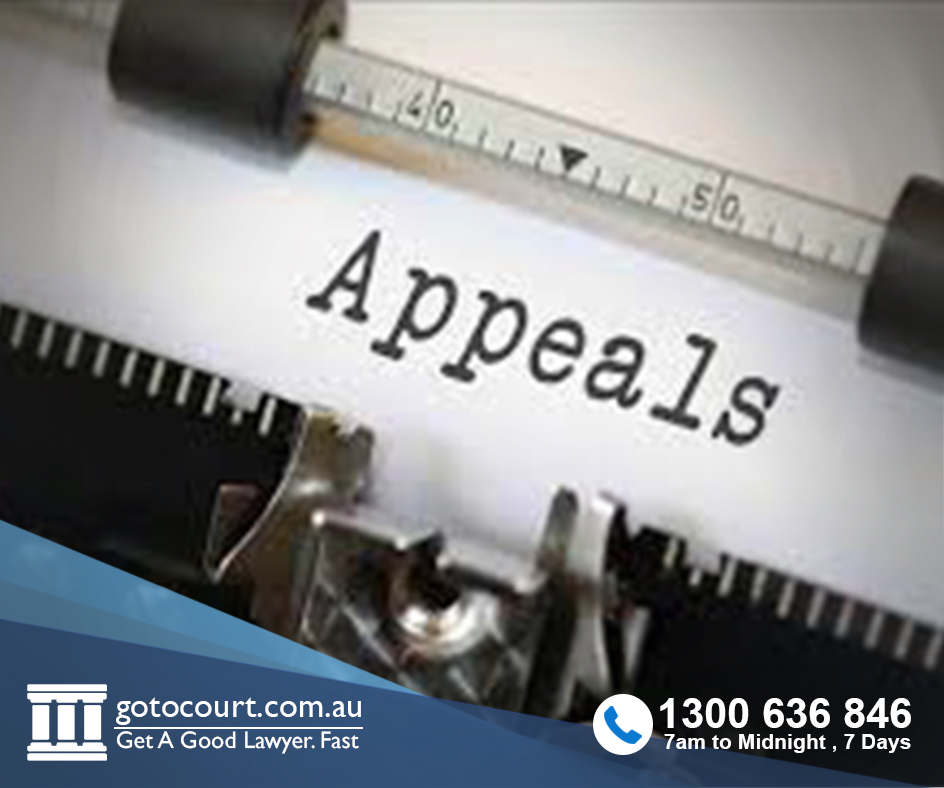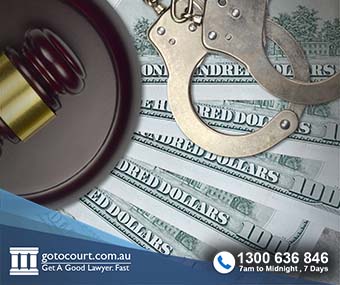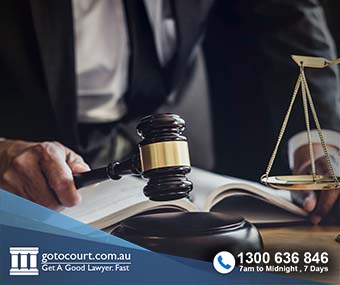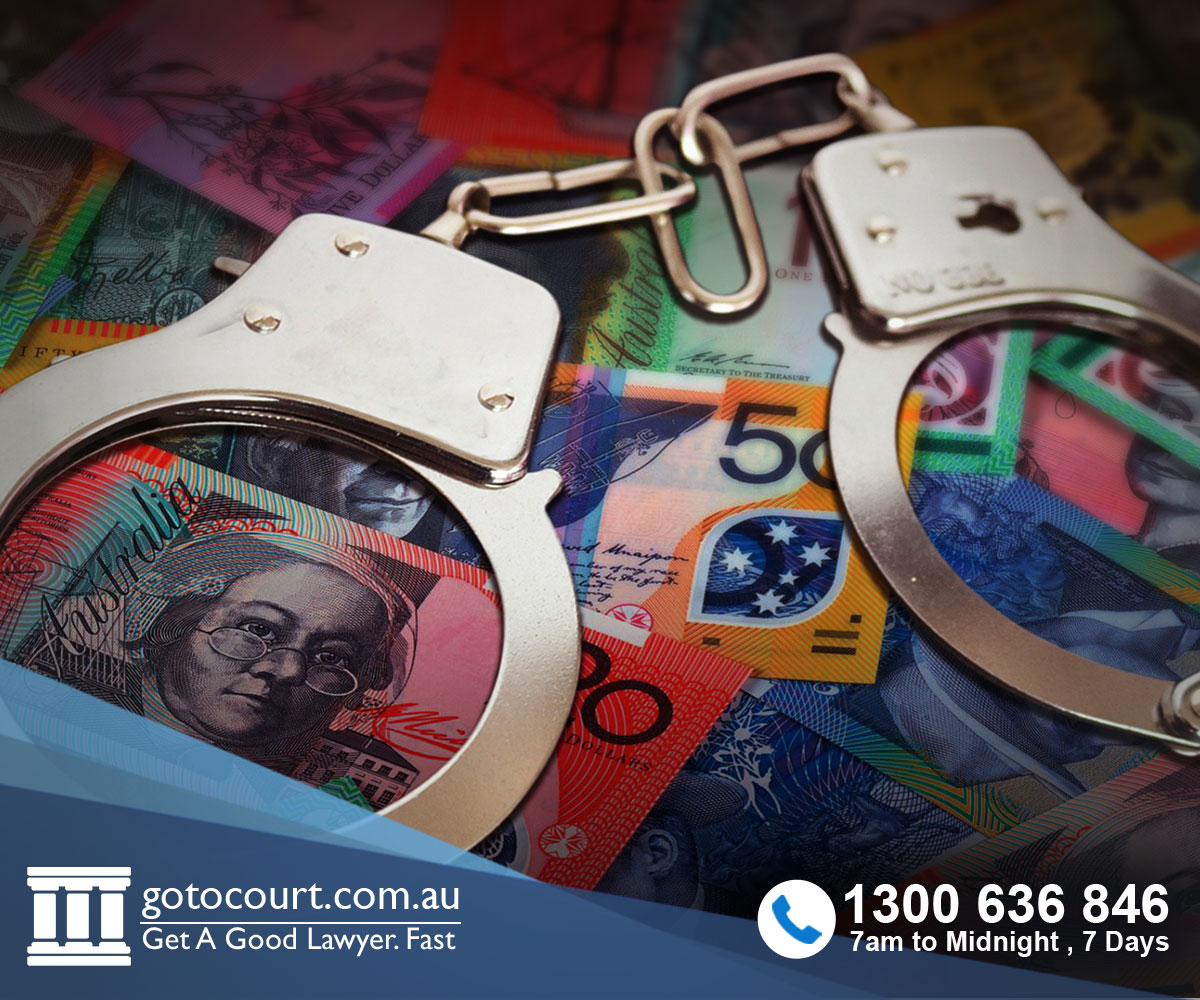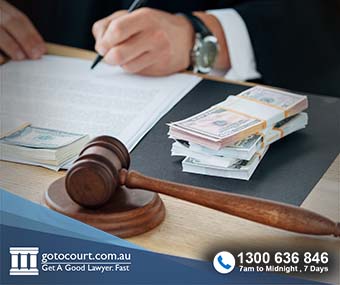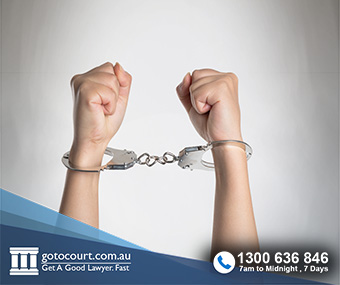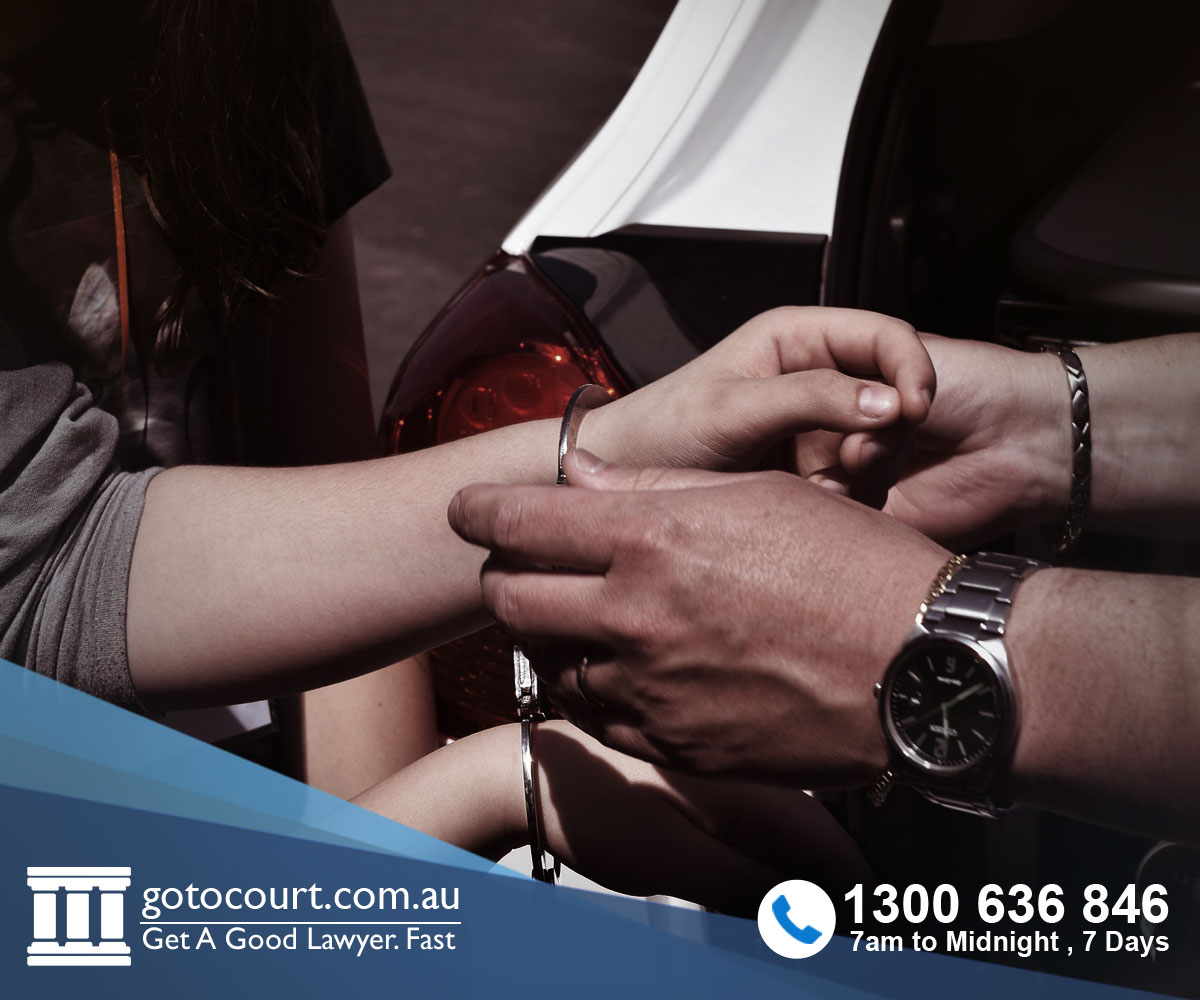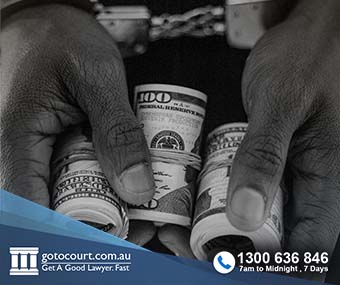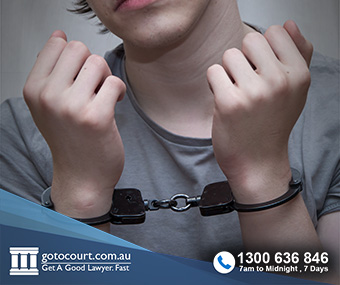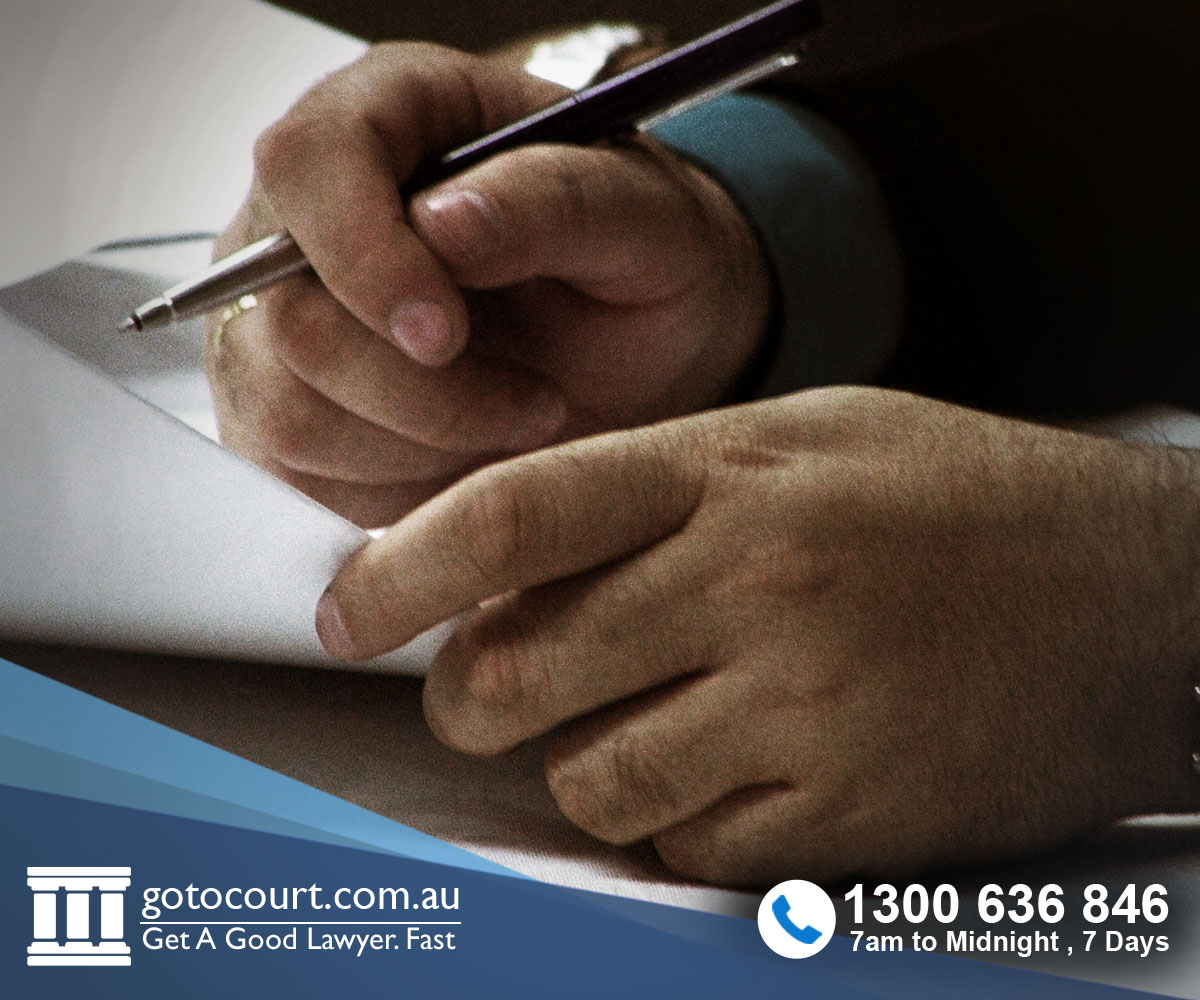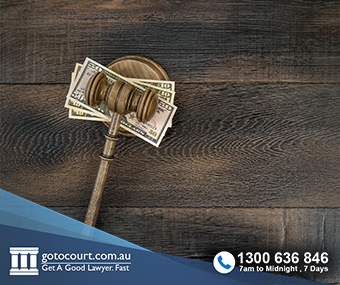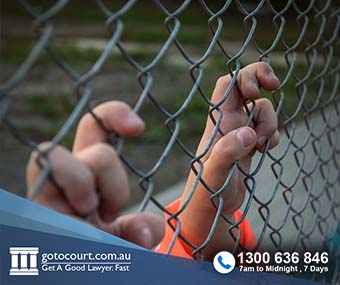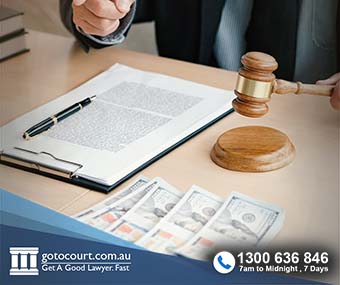Bail in Queensland
Bail in Queensland
When a person is charged with a criminal offence in Queensland, they may be remanded in custody or granted bail. If a person is refused bail by the police, they may apply for bail in a court. When a person is granted bail (either by the police or by a court) they must sign an agreement to appear before the court at a particular time and date to answer the charges. The rules on being granted bail in Queensland are set out in the Bail Act 1980.
Process for police bail
When a person is arrested in Queensland, the police are obliged to consider whether to grant bail.
Police must refuse bail if they consider that there is an unacceptable risk that the person would commit an offence, fail to attend court, endanger a person or interfere with witnesses if released.
Police bail may either be granted on the payment of a deposit of money by the accused as security for their later appearance in court (under section 14 of the Bail Act 1980), or subject to certain special conditions that the police officer considers fit (under section 11 of the Bail Act 1980).
If a person is refused bail by the police, they may apply for bail in a court.
Procedure for being granted court bail
When a person applies for bail in court, the court will consider the bail presumption that applies and the attitude of the prosecution towards bail. If the prosecution does not oppose bail, it is likely that bail will be granted.
If the prosecution opposes bail, the court will consider evidence and submissions from both parties before deciding whether or not to grant bail. Under section 16 of the Bail Act 1980, the court will refuse bail if it considers there is an unacceptable risk that the person will:
- commit an offence whilst on bail
- fail to appear at court when required
- endanger the safety or welfare of a person
- interfere with witnesses or obstruct the course of justice
During the bail application, the prosecution may hand up the accused’s criminal record and bail record, which will include any previous breaches of bail. The prosecutor will outline any concerns they have about the grant of bail and the basis for those concerns. For example, if the accused has recently made threats to a person or has a history of failing to attend court, these will be highlighted as bail concerns.
The defence may tender character references and other evidence and will put forward a bail proposal including where the person intends to live and their employment situation. The defence may also propose conditions that could be included on the bail undertaking to allay any concerns the court or prosecution have about granting bail.
Bail conditions
The court may impose any bail conditions it considers necessary to address its bail concerns. This may include the accused being required to report to the police on a daily or weekly basis, being prohibited from attending certain premises or from having contact with certain people, abstaining from drugs or alcohol or abiding by a curfew. If the court has concerns that the accused may try to leave the country, they may be required to surrender their passport.
The court may also require the accused, or another person such as a family member or the accused’s employer, to provide a surety as one of the conditions of bail. This is an amount of money that the person agrees to forfeit if bail is breached.
What happens after bail is granted?
If a person is granted bail, they will be allowed to leave custody on the conditions set out in the bail undertaking. If they breach these conditions, they may be arrested, and their bail may be revoked.
What happens if bail is refused?
If a person is refused bail, they will be remanded in custody until their matter is finalised (or until a court grants them bail).
If a Magistrates Court or Children’s Court refuses bail, the accused may apply to the Supreme Court for a review of this decision.
If you require legal advice or representation in any legal matter, please contact Go To Court Lawyers.

Affordable Lawyers
Our Go To Court Lawyers will assist you in all areas of law. We specialise in providing legal advice urgently – at the time when you need it most. If you need a lawyer right now, today, we can help you – no matter where you are in Australia.How It Works




1. You speak directly to a lawyer
When you call the Go To Court Legal Hotline, you will be connected directly to a lawyer, every time.

2. Get your legal situation assessed
We determine the best way forward in your legal matter, free of charge. If you want to go ahead and book a face-to-face appointment, we will connect you with a specialist in your local area.

3. We arrange everything as needed
If you want to go ahead and book a fact-to-face appointment, we will connect you with a specialist in your local area no matter where you are and even at very short notice.


